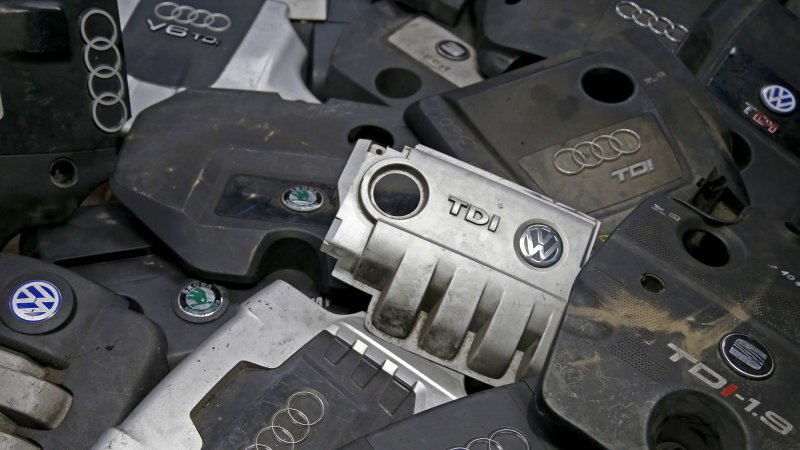Diesel owners due compensation, rules German federal court

Germany's highest federal court has ruled that car makers must compensate owners of diesel cars equipped with illegal emission manipulation devices.
The decision follows a protracted class-action lawsuit brought against Audi, Mercedes-Benz and Volkswagen by diesel car owners in Germany.
The court's decision overturned earlier dismissals by state courts, which referred diesel car owners' claims to the lower courts of appeal.
In handing down the ruling, Germany's federal court said the burden of proof lies with the car makers to demonstrate that their diesel emission manipulation devices are not illegal.
The court ruled owners could claim between 5% and 15% of the purchase price of their diesel cars fitted with illegal emission manipulation devices in the case. The ruling has direct implications for similar lawsuits brought against other car makers in Germany.
Owners had argued the value of their diesel cars was negatively affected by the spectre of them using illegal diesel emission manipulation devices.
Among the diesel emission manipulation devices cited by the judge were so-called 'thermal window software programs' claimed to be used by Audi, Volkswagen and Mercedes-Benz.
The term 'thermal window software program' is used to describe a device that reduces or switches off the nitrous oxide filtering effect of the selective catalytic reduction system in diesel exhaust systems within a certain temperature band.
When diesel cars are started in cold conditions, they run the risk of condensation build-up in their selective catalytic reduction filter system.
Car makers have argued the use of thermal window software programs to reduce or completely switch off the filtering effect helps to reduce condensation and the risk of rust build-up, thus protecting the motor.
However, the outcome is significantly higher nitrous oxide and particulate emissions than those claimed.
When questioned on the ruling, Volkswagen stated its diesel emission systems were not illegal, saying it expected the court to continue to reject any compensation claims.
Mercedes-Benz said European regulatory authorities considered thermal window software programs to be permissible up until July 2022 and, as such, using them could not be seen as grounds for negligence.
Related News
